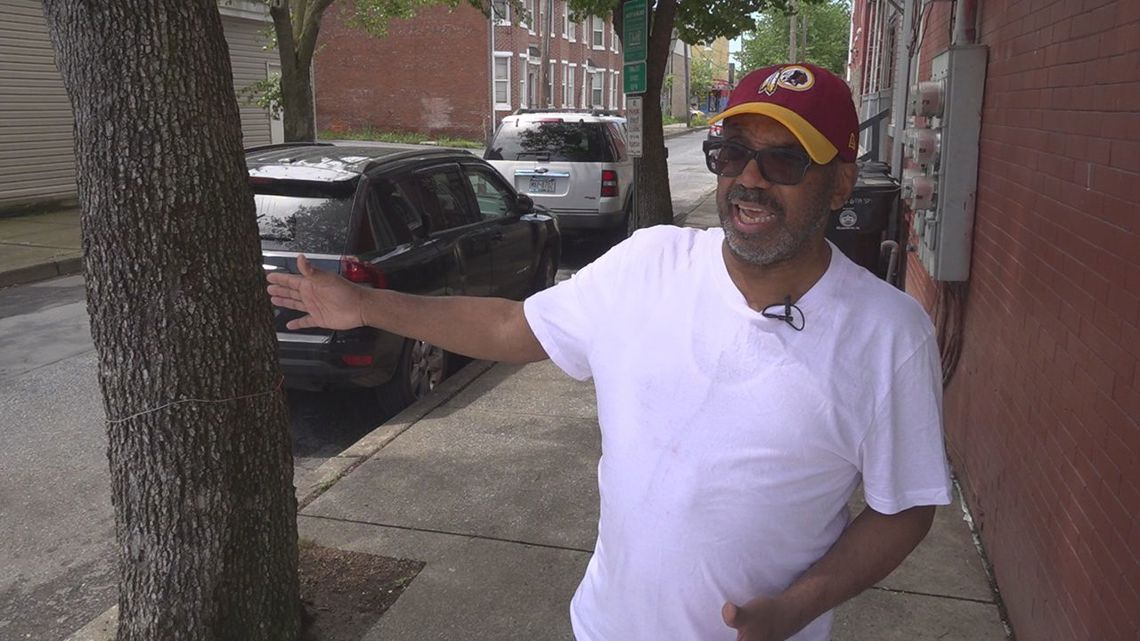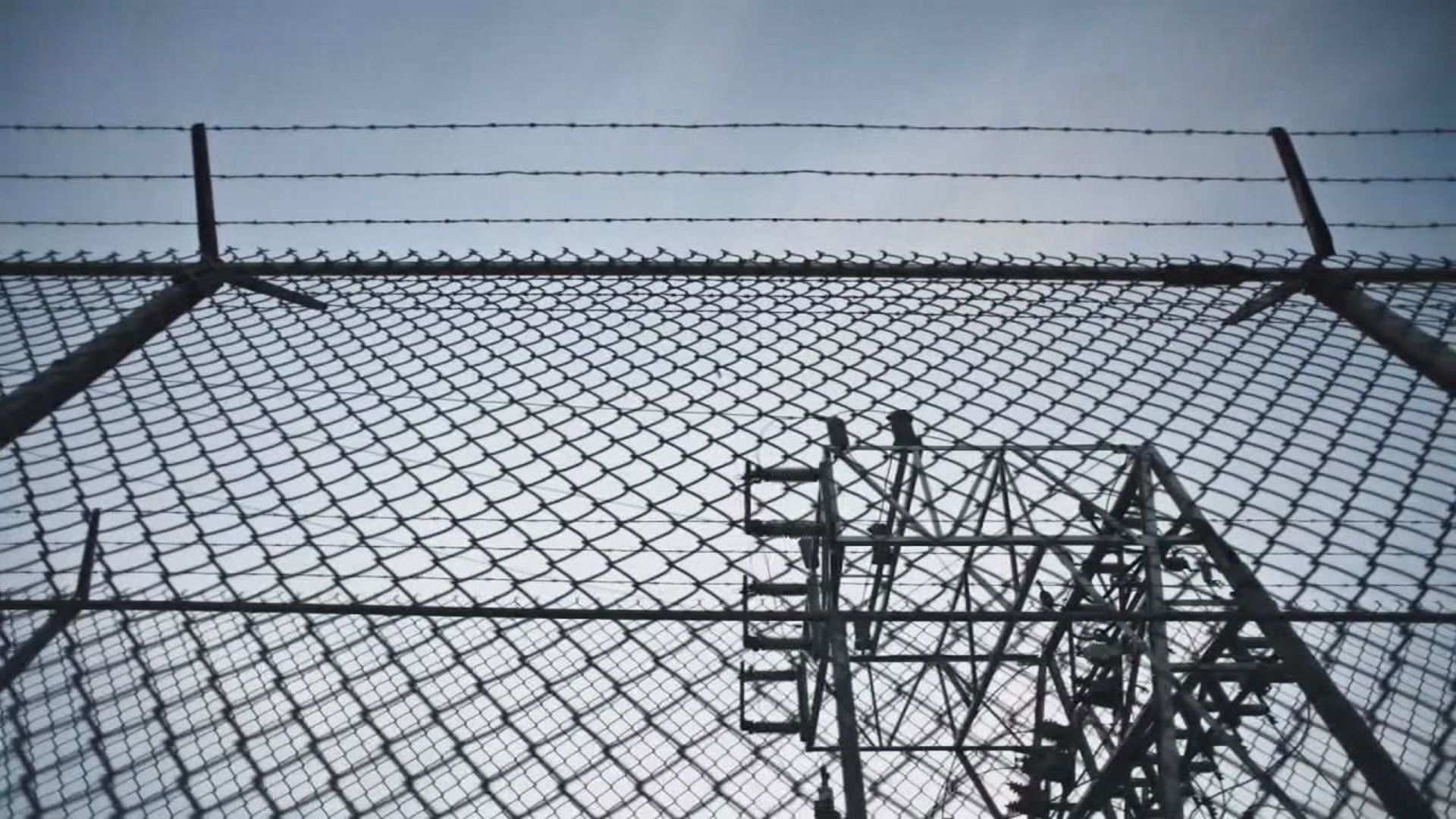HARRISBURG, Pa. — At 15 years old, most young men spend their days sitting in high school. When Pete Smith was 15, he found himself sitting in a jail cell.
"I was into all the fighting, stealing, everything you could do," Smith said. "I went to penitentiary at a real young age."
For 33 years, he sat behind bars. Smith believes what was once a chance for a fresh start, is now a road to an unhealthy state of mind.
"They [are] locked up 23 hours a day. What is that going to do to someone's psyche, you got them in a cage for 23 hours?" he said. "What type of crazy thoughts come to your mind? You don't keep a dog locked up like that."
During Smith’s time in prison, he says there were more opportunities to learn trades and skills that would translate to a better life on the outside. He thinks communities today don't benefit from the current system.
"They come back a worse person than when you were in because you keep damaging yourself," Smith explained. "You got to improve yourself. There's no way you improve yourself by sitting around looking at the wall."


The Pennsylvania Department of Corrections declined to speak with FOX43 about how they tackle Mental Health.
According to its website, recent changes include “created specialized treatment units for offenders with serious mental illness” and “Out-of-Cell Options.”
However, lack of funding across the state puts a ball and chain on progress.
"The resources that are available statewide and supplemented by counties is not sufficient to meet the need," Cumberland County Commissioner Gary Eichelberger said. "We need to right-size the resource chain here not just in terms of amount, but in how it's allocated."
Eichelberger explains the system needs to change, as more than half of his county's inmates are classified as having a behavioral health issue.
"Our prison, like other prisons, county prisons, has become perhaps the largest treatment facility in the county, which it's not really equipped to do," he said. "
It’s a system that has yet to evolve, according to Kim McDevitt, the Executive Director of Mental Health America of Lancaster County.
"We don't rethink things because there isn't enough funding to, enough time to work through the reimagination of what we could be doing better," she said.
And it’s not just a Pennsylvania problem.
Data from the American Psychological Association shows that 64% of jail inmates, 54% of state prisoners, and 45% of federal prisoners have reported mental health concerns.
They also say half of the U.S. jail population and more than a third of the U.S. prison population have been diagnosed with a mental illness.
With corrections systems stuck with the status quo, outside organizations like Breaking the Chainz are left to step up to provide people with those resources.
"Many of them need counseling services. Many of them need housing. Many of them need employment, many of them don't have insurance," Breaking the Chainz Founder Dr. Kevin Dolphin said. "They don't have the things that they need in order for them to get the treatment and take care of themselves."
A former inmate himself, Dr. Dolphin addresses mental health in his book "If These Prison Walls Could Talk."
In his words, "changing a person’s irrational thoughts, beliefs and ideas, I feel are one of, if not the main key(s) to solving our problem of over-incarceration."
"We need the type of prisons that's going to help restore individuals to come back out to be proper, taxpaying productive citizens," Dr. Dolphin said.
Smith believes that starts with breaking the stigma on the streets.
"I have chosen to reach out for some help. Now I’m not afraid no more," he said. "A lot of people are not willing to accept the help, because of the stigma."

